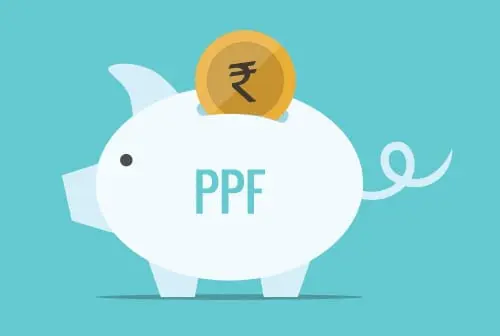
Money functions as the pivotal means to ensure both survival and the ability to savour life’s pleasures. It is essential to save money for financial security and independence. Given life’s uncertainty, having sufficient savings to manage unforeseen emergencies that might lead to increased expenditures becomes necessary.
Goals such as purchasing a car or a house, engaging in high-return-yielding investments, contributing to a retirement fund, fulfilling travel aspirations, and meeting various financial needs underscore the importance of building substantial savings.
The accumulated funds from savings act as a safeguard against unforeseen expenses while also facilitating the attainment of financial goals.
Financial advisors advocate the 50:30:20 rule for individuals aiming to save money. This principle recommends allocating 50% of your income to essentials, 30% to discretionary expenses, and 20% to long-term saving goals.
Effective Tips on How To Save Money
Below, we’ve outlined some practical tips on how to save money:
Early Investment Patterns
Cultivating early saving and investing habits translates into extended investing periods in high-return-yielding options. Longer investment tenures generate substantial corpus amounts, enabling the realization of financial dreams and goals. An investment spanning 50 years will yield significantly more returns and savings than one lasting 40 years.
Essential Expenditures
 It’s advisable to categorize expenses based on necessity and prioritize only essential ones. Curbing extra expenditures helps minimize unnecessary outflows, leading to increased savings.
It’s advisable to categorize expenses based on necessity and prioritize only essential ones. Curbing extra expenditures helps minimize unnecessary outflows, leading to increased savings.
Review Spending Habits
Creating and adhering to a budget tailored to your income and lifestyle is recommended. Consistent budget adherence and avoiding excessive spending on wants prevent the depletion of savings. Sticking to a budget over time builds savings and contributes to a substantial corpus.
Set Financial Goals
Establishing long-term or short-term financial goals is crucial for allocating funds to essential expenses. Long-term plans like home or car purchases, extended travel plans, weddings, and higher education necessitate meticulous planning and investment in high-return-yielding schemes. Short-term goals, such as purchasing home appliances or repairs, require well-defined expense categorization and prioritization.
Smart Investments
Savings such as life insurance plans foster smart saving and investing habits. Opting for high-return-yielding plans delivers good returns while building a lump-sum corpus. Savings instruments like Recurring Deposits (RDs) offer attractive returns. The Public Provident Fund (PPF) is a significant investment tool. With an annual maximum investment limit of INR 1,50,000, PPF garners substantial interest. A notable benefit of PPF investment is the tax deduction under section 80C of the Income Tax Act.

Key Strategies for Effective Money Saving
Financial advisors underscore the importance of studying money-saving investment options and assessing associated risks as guidance on how to save money. Evaluating one’s financial capacity, wealth creation aspirations, and risk tolerance is recommended for optimal money-saving and corpus building.



Be the first to comment